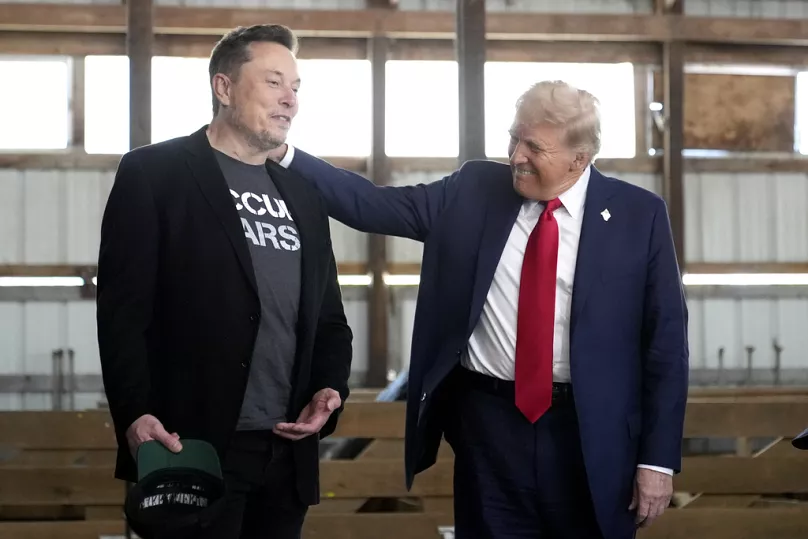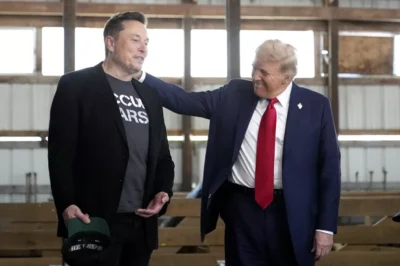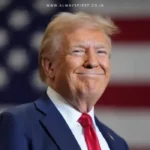
Departure from Government Role
Elon Musk has concluded his tenure as a special government employee under President Donald Trump, serving as an advisor focused on reducing federal spending. In a statement on social media, Musk expressed gratitude to President Trump for the opportunity to address wasteful government expenditures. He also emphasized that the mission of the Department of Government Efficiency (DOGE), which he led, would continue to strengthen over time.
Critique of the ‘Big Beautiful Bill’
Musk’s resignation follows his public criticism of the recently passed Republican tax and spending bill, known as the “One Big Beautiful Bill Act.” He argued that the legislation, which increases the federal deficit, contradicts the very principles he advocated for during his time in the administration. Musk’s remarks have sparked division within the GOP, with some fiscal conservatives voicing opposition to the bill’s provisions.
Achievements and Controversies at DOGE
During his six-month tenure, Musk claimed that DOGE saved $175 billion through asset sales, contract cancellations, and workforce reductions. However, these figures have been disputed by some analysts. Musk’s efforts led to significant reforms within federal agencies, including layoffs and the dismantling of certain programs. Critics have raised concerns about the impact of these measures on government operations and employees.
Mixed Reactions to Musk’s Departure
The White House has expressed support for DOGE’s mission and intends to continue its cost-cutting initiatives. A $9.4 billion rescissions package targeting foreign aid and public broadcasting is expected to be sent to Congress. Despite Musk’s departure, President Trump and senior Republicans remain committed to the objectives of DOGE.
Future Plans and Political Influence
Following his resignation, Musk plans to refocus on his business ventures, including Tesla and SpaceX. As a significant GOP donor and advisor, his influence on fiscal policy and government efficiency discussions is expected to continue. Musk’s departure marks a notable shift in his relationship with the Trump administration, highlighting tensions over fiscal policy and government spending priorities.
Conclusion
Elon Musk’s resignation from his advisory role in the Trump administration underscores the complexities of aligning business-driven efficiency goals with political realities. His departure raises questions about the future direction of federal spending reforms and the role of private-sector leaders in shaping public policy. As the political landscape evolves, Musk’s influence and perspectives will likely continue to impact discussions on government efficiency and fiscal responsibility.








































Leave a Reply